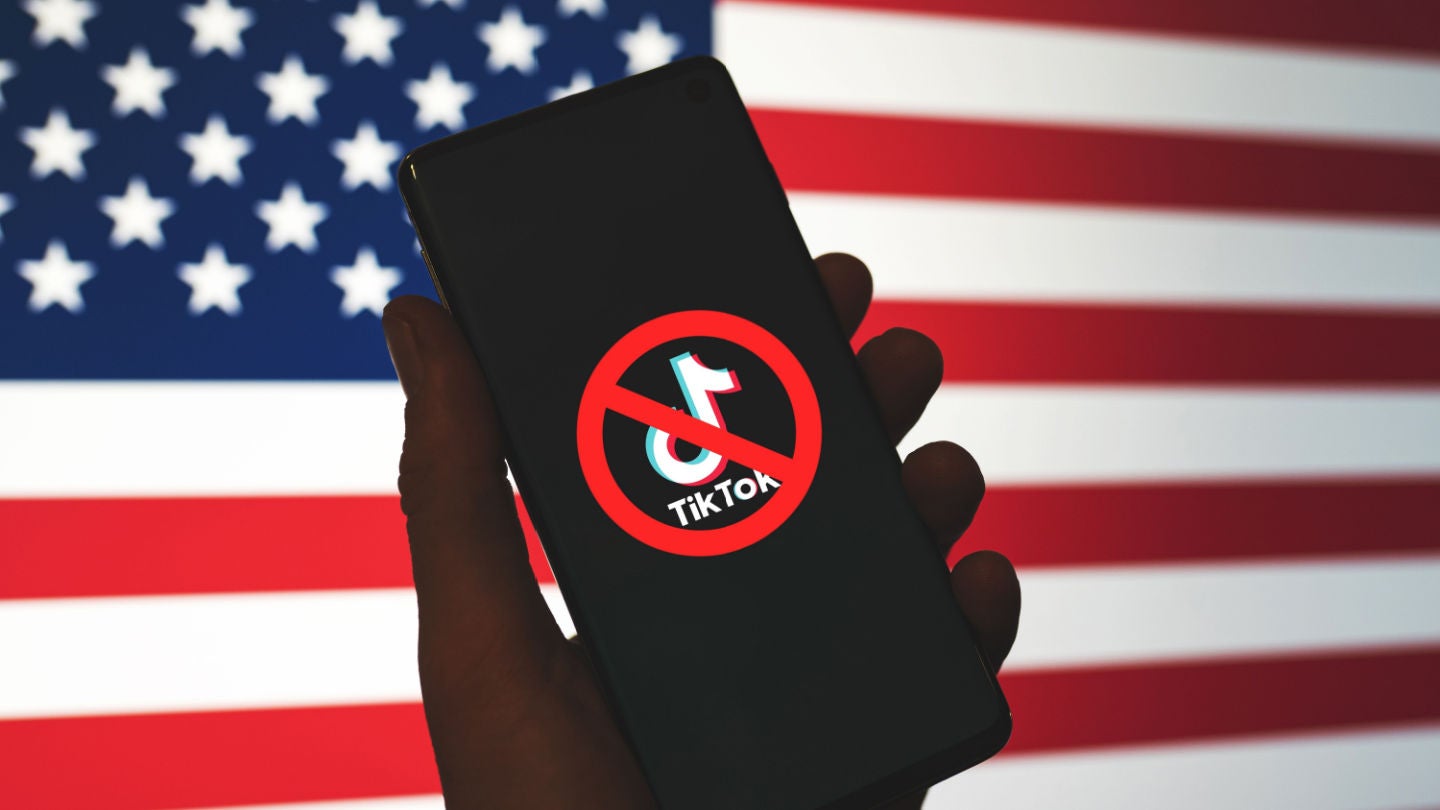Montana is the first state in the US to issue a ban against TikTok, which is owned by the Chinese tech company ByteDance.
This move comes at a time of tense relations with China and is a shift towards increased internet fragmentation with potential splinternet risks. Democracies need to instead spearhead efforts for an open, free internet.
Montana’s governor, Greg Gianforte, signed bill SB419 into law on 17 May 2023, to prohibit TikTok from operating within the state, becoming the first TikTok-related ban to impact users. It follows previous federal-level actions that have prohibited the use of the app by governmental officials under the No TikTok on Government Devices Act, as well as ongoing legislative efforts to restrict citizens’ use nationally.
No evidence of TikTok surveillance
The motivation for Montana’s ban is over alleged security concerns that the Communist Party of China (CPC) could access Montanan’s data through TikTok. The federal government shares these security concerns at a national level, citing the company’s alleged associations with the Chinese government, and accused ByteDance of obtaining user information as Chinese law requires it to turn over data to Chinese authorities on request.
Given these concerns—alongside current China-US tensions—the US regards its efforts against TikTok as a defence against techno authoritarianism, but there is no evidence that the Chinese government has accessed US data via TikTok.
A nationwide TikTok ban has political support
The drive to ban TikTok has bipartisan support; with Democrats and Republicans introducing legislation (DATA Act and Restrict Act), which would empower the executive branch to restrict it. Such political support raises the question of whether other states will follow Montana or if Congress will impose a nationwide ban against users.

US Tariffs are shifting - will you react or anticipate?
Don’t let policy changes catch you off guard. Stay proactive with real-time data and expert analysis.
By GlobalDataA nationwide ban, however, faces challenges. TikTok is notorious for being the app of choice for Gen Z, and Democrats do not want to alienate this demographic, who are overwhelmingly liberal and vote Democrat. A further obstacle is freedom of expression concerns. Human rights groups Amnesty International and Human Rights Watch expressed that a ban will not address the data privacy matters at stake and will unduly limit free speech. While geopolitical dynamics are driving the will to ban TikTok, there are other domestic trade-offs that US officials must consider.
Geopolitical tensions and splinternet risks
Banning TikTok will further geopolitical tensions with China at a time of already fraught relations. The rise of Big Tech in the digital space has mirrored geopolitical dynamics and witnessed the rise of digital nationalism, with the US and China competing for influence. If the US seeks to minimize Chinese power by banning TikTok, experts from the German Council on Foreign Relations predict that China will retaliate, and traditional ‘Tit for Tat’ realpolitik dynamics will emerge.
Not only does a TikTok ban risk inciting China, but it will impact wider geopolitical dynamics, furthering internet fragmentation and risking a splinternet. Tim Berbers-Lee invented the web to facilitate the free flow of information, but banning apps shifts the US away from this and could be a slippery slope for increased government power over how and what information is shared online, obstructing a democratically heralded internet.
Authoritarian governments have largely driven splinternet risks by building national intranets—China’s Great Firewall and Iran’s National Internet Infrastructure—but app restrictions by democracies would also contribute to this divide, with different internets existing according to different government’s discretion. Ironically, the motivation for a democracy to address techno-authoritarian fears could, therefore, shift the world away from an open interoperable internet and towards a divided splinternet.
Alternative solutions to protect data privacy
There are alternative ways of addressing the threats that TikTok raises without risking a splinternet or worsening existing geopolitical tensions, and the US should pursue these possibilities in line with safeguarding an open interoperable internet. Options include diplomatic efforts with China and improved data privacy regulations.
Ultimately, researchers at the Atlantic Council and the Centre for Strategic and International Studies stated that a ban will not address the long-term privacy risks. Rather, the US lacks and needs comprehensive data privacy regulations to adequately protect user data, even beyond the risks that TikTok poses.









